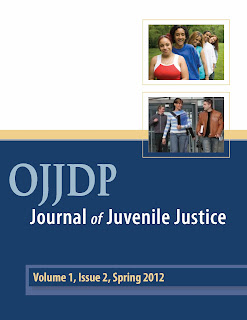 |
| Standing l to r: Dr. Magen and Prof. Periman discuss implementing the scholarship of learning with the Sustainability Fellows. |
Dr. Randy Magen, Social Work faculty, and Prof. Deb Periman J.D., Justice faculty, recently wrapped up presentations on "The Scholarship of Teaching and Learning" to the following UAA faculty intensives for 2012:
- Addressing Health Disparities
- Technology - click here for the blog post re this event
- Sustainability
- Community Engagement
The Addressing Health Disparities Fellows intensive was sponsored by the Center for Addressing Health Disparities through Research and Education.The goals include informing students and faculty about health disparities issues in Alaska, assisting health students to develop skills in assessing and using evidence to improve their practice, and mentoring students and faculty interested in health disparities research projects and careers. Fellows explored strategies to integrate content on health disparities into a course next academic year, and will evaluate how this new content impacted student learning, and present highlights at a public event in Spring 2013. The group of six faculty met May 7 - May 11. Dr. Magen and Prof. Periman made an initial presentation on May 7 introducing the topic, and returned on May 11 to give feedback to the Fellows on the proposals they had developed through the week. The Health Disparities Fellows intensive was coordinated by Dr. Randy Magen.
The Sustainability Across the Curriculum Fellows workshop was a pioneer project at UAA and met May 23 and 25. The workshop had nine faculty participants who were invited to enhance their teaching and engagement with environmental issues and to explore how to meaningfully integrate a broad definition of sustainability into their classrooms and across campus. Each participant will draft/modify a syllabus, teach a new/enhanced course, and make a presentation at a campus workshop. Dr. Elizabeth Snyder, Health Sciences faculty, was co-coordinator of this workshop along with Paula Williams, Director of UAA Office of Sustainability, and Dr. Steve Wang, Engineering and Science Management faculty. Dr.Magen and Prof. Periman presented to the Fellows on May 23.
The Community Engagement Fellows intensive was designed and presented by Dr. Judith Owens-Manley, Center for Community Engagement and Learning (CCEL) Director and Assistant Dean of the University Honors College, and Dr. Sherril Gelmon, Portland State University. Dr. Gelmon holds a Ph.D. in public health; one of her major research areas is in education policy and the establishment of models of faculty roles and recognition for community engaged scholarship. The group of 15 selected faculty members met May 21-25. Each Fellow will incorporate community-based research or service-based learning into a course in the next year and make a presentation to colleagues at the end of spring semester. Dr. Magen and Prof. Periman spoke to the Fellows on May 25.
 |
| Community Engagement Fellows listen to comments. Dr. Sherill Gelmon, (3rd from left), was the co-leader of the intensive with Dr. Owens-Manley. |
 |
| Dr. Owens-Manley talks to the Community Engagement Fellows. |








.jpg)









